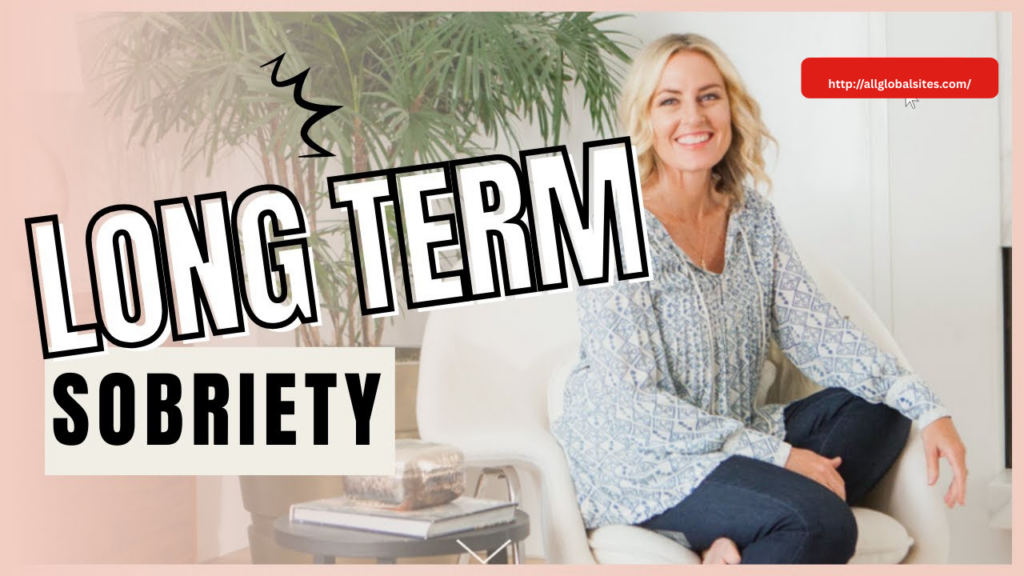
Addiction is not just a matter of poor choices or weak willpower—it’s a brain-based disease that alters how a person thinks, feels, and behaves. Prolonged substance use changes the brain’s chemistry, creating powerful cravings, impaired decision-making, and emotional instability. To achieve lasting sobriety, these neurological changes must be addressed through focused and sustained treatment. Residential rehabilitation offers the immersive, structured, and therapeutic environment necessary to help rewire the brain and build a solid foundation for long-term recovery.
Understanding the Brain on Addiction
Substance use directly affects the brain’s reward system. Drugs and alcohol artificially stimulate the release of dopamine, the “feel-good” chemical, creating intense feelings of pleasure and reinforcing the urge to use again. Over time, the brain begins to rely on substances to feel normal, reducing its ability to experience pleasure naturally.
This rewiring affects other critical brain areas as well—those responsible for decision-making, impulse control, and emotional regulation. As a result, individuals may struggle to manage stress, resist cravings, or make rational choices, even when they sincerely want to stop using.
Why Residential Rehab Is Ideal for Brain Recovery
Healing the brain takes time, consistency, and focused care—things that residential treatment is specifically designed to provide. In a residential rehab setting, individuals are removed from triggers and placed in a supportive, distraction-free environment where they can begin to heal neurologically and emotionally.
The combination of structure, therapy, and healthy routines creates the ideal conditions for the brain to begin rewiring itself in healthier ways. Just as addiction rewires the brain for dependence, residential treatment helps rewire it for resilience, clarity, and sobriety.
Therapy That Changes Thinking Patterns
One of the most powerful tools used in residential rehab is evidence-based therapy, especially Cognitive Behavioral Therapy (CBT). CBT helps individuals identify and change the negative thought patterns that fuel addiction. By challenging irrational beliefs and learning new coping mechanisms, individuals begin to form healthier ways of thinking.
This process directly influences brain activity. Research shows that therapy can actually strengthen neural pathways associated with self-control, problem-solving, and emotional regulation—key areas that are often impaired by substance use.
Routine and Repetition: Building New Neural Pathways
In residential rehab, daily routines are consistent and intentional. Activities like therapy, group support, mindfulness practices, exercise, and healthy meals are repeated day after day. This repetition is critical because it helps form new neural pathways in the brain. Over time, healthy behaviors become second nature, replacing the compulsive behaviors linked to addiction.
This process is similar to physical training. Just as regular exercise strengthens muscles, regular positive experiences strengthen the brain’s capacity to function without substances.
Support That Reinforces Change
In addition to therapy and structure, residential rehab provides 24/7 support from trained professionals and peers. This constant encouragement reinforces healthy behaviors and helps individuals stay on track when cravings or emotional challenges arise. The support network in a residential setting plays a key role in sustaining the brain’s healing process.
Conclusion
Addiction alters the brain, but recovery can rewire it. Residential treatment offers the intensive, consistent, and supportive environment needed to reverse the neurological damage caused by substance use. Through therapy, structure, and repetition, individuals learn to think, feel, and live differently—paving the way for long-term sobriety and a healthier future.